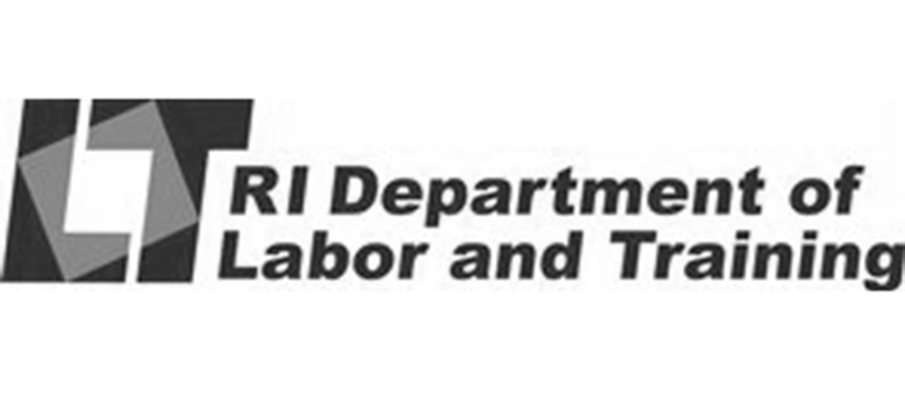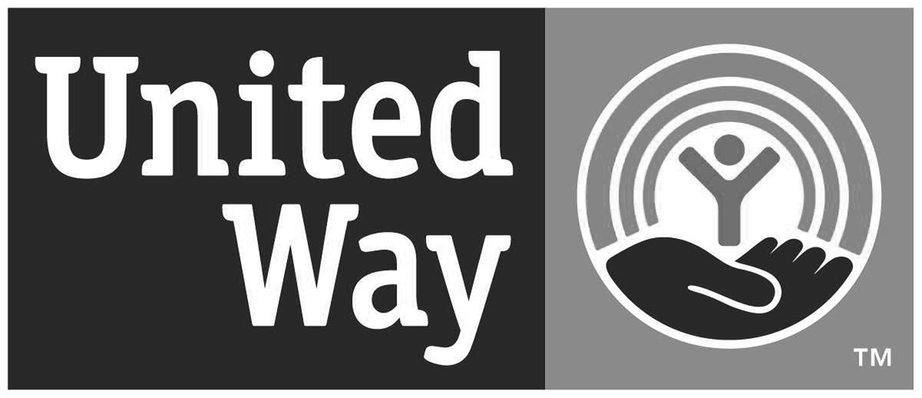Challenge 1 (Cont.): A 2012 snapshot of young adult-education students

Even worse than poverty and English-language needs, the negative effects of Chronic Absenteeism depress K-12 academic achievement.
While boosting education across the age span is important, supporting K-12 youth more effectively would likely yield the largest impact on foundational skills and by extension, on subsequent degree completion. Poverty has proved a daunting challenge in America, but it is not necessarily a reason to be absent from school. Reducing absenteeism not only has been shown to improve the youngest students' skills, but might actually contribute to the long-term reduction of poverty.
Also using local data, this Data Story shows the educational "wash-out" effect of those students who missed excessive days of high school and later tried to continue with their education.
Data Note: The chart represents the 59% of Adult Learners who were aged 16 to 24 in the 2011-2012 academic year who previously attended RI public schools. Categories do not sum to 100% because students are included in all categories for which they met the category's criteria for at least one academic year. Data source: RI Department of Education.









